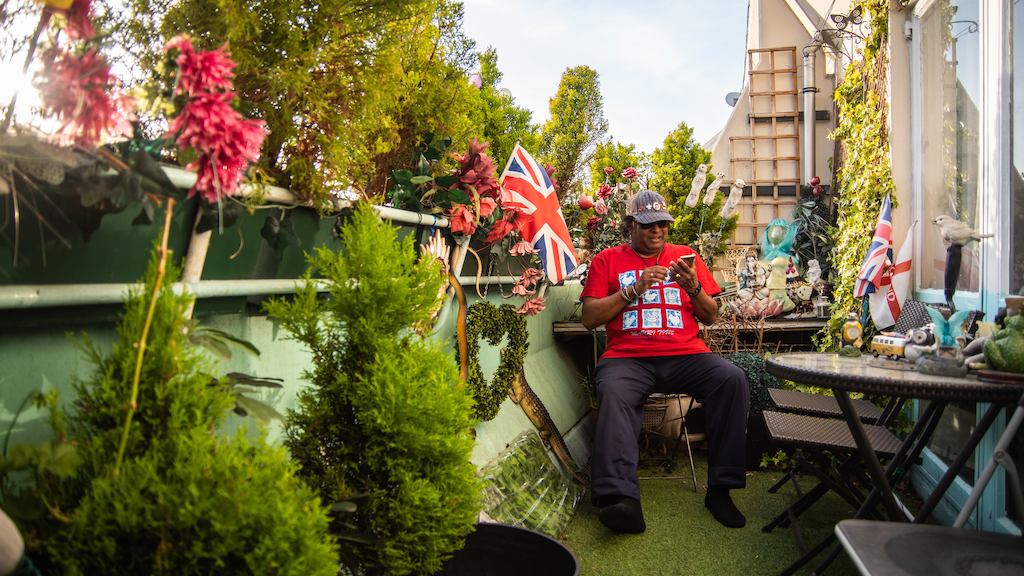Jemma Mouland, Senior Programme Manager, Centre for Ageing Better commented:
“Digital by default makes sense for much of society, but in the drive for efficiency we must not lose sight of the reality that some people won’t ever go online or will have limited ability to use the internet. Companies, government, and services who are moving operations online need to ensure that these people don’t get locked out of access to information and essential services such as banking, health information, booking appointments or paying bills.
“A lot of current digital inclusion policy and practice misses the point. It focuses on basic digital skills, when what’s needed is an urgent change in approach to help people build confidence and understand the value the internet could have for them.
“This isn’t a problem that’s going away - it’s likely that those in later life will continue to fall behind, both now and in the future. We need to rethink our approach or risk deepening inequality across our society.”
Bob Dunkerley, 86, a former coal miner and engineer, who recently went online for the first time with the support of his local Online Centre, said:
“Every time I looked at the television, if I wanted to buy something or find something, I had to be online. I asked myself, ‘How do I get in touch with Amazon if I don’t have a computer?’
“Being online has opened up a whole new world for me. I like being able to do things like banking, paying gas bills, and learning things I didn’t know before – especially watching videos about engineering.
“What really helped me get online was having someone take me through things slowly, one-to-one, giving me time to go at my own pace and ask questions. I tried computer classes at night school, but they moved too quickly.”

